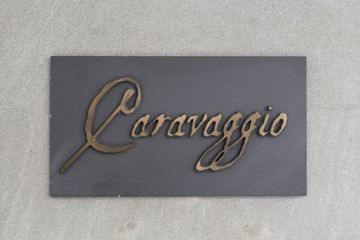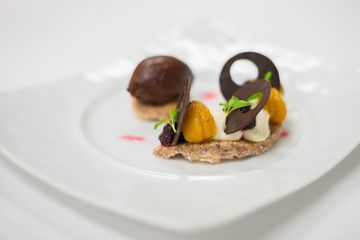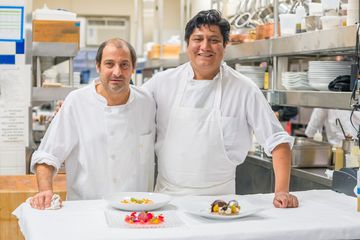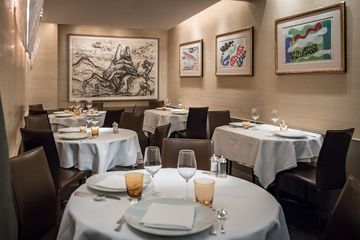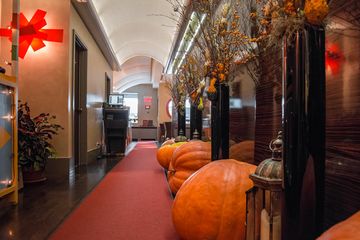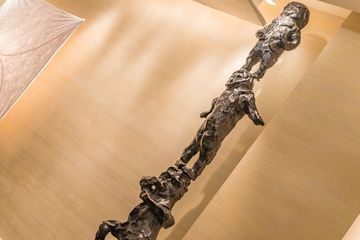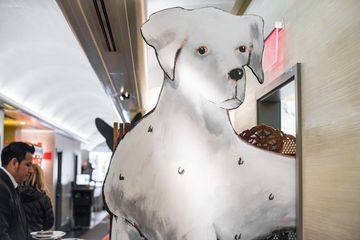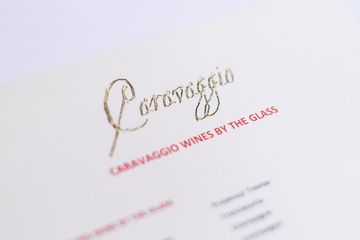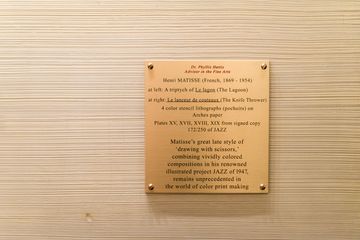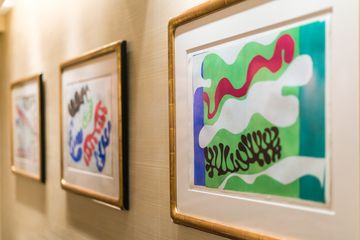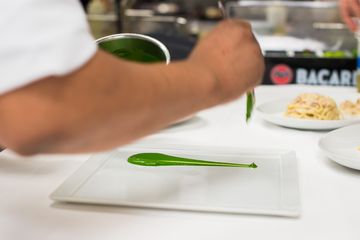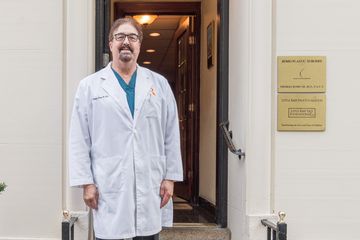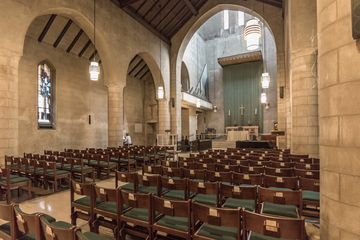Like many surgeons, when Dr. Thomas Romo III graduated medical school, he hopped on a plane to India and Vietnam in order to fix cleft lips. "We felt like we had time and a reason to give back, " he said of himself and his peers who choose to travel the world doing medical procedures before settling down and developing a practice. Though Dr. Romo operated on numerous lips, he realized after a while that the program he was traveling with was only fixing a quarter of the problem. After the lip healed, the palate still did not close correctly and teeth did not grow straight. Patients would experience chronic Eustachian tube problems, resulting in earaches. Dr. Romo wanted to fix the rest of the palate, but the mission that he was with focused solely on lips. "I wanted to change the paradigm, " Dr. Romo declared. Back in New York, he began developing a plan to help children with facial birth defects through all operation stages, not just cosmetic. Dr. Romo admitted that he did not have any experience putting together a foundation, "I did not go to business school, " he pointed out, and therefore it was challenging for him to lay the groundwork of his new venture. He decided to accept only newborns through age twenty-one who were on Medicaid or required other financial assistance, with emphasis on those from the United States. As he phrased it, "Little Baby Face Foundation helps "children from Harlem to Ethiopia. "With his mission in place, Dr. Romo then recruited thirty doctors, including pediatricians, plastic surgeons, and various specialists. This impressive brain trust assembles each month to discuss fifteen to twenty children whose financial statements have been checked. They ask, "Who does this child need to see? " If they are not sure, they bring them in for a "look-see" with each of the doctors. He then went on to say that when these children come in to meet this large group of doctors, they are experiencing something unique - this number of medical professionals is rarely seen in one room. For the entire stay, including during the operation and recovery time, the child and his or her family are taken care of every step of the way: their flights are paid for, "Mario picks them up in a car service, " and they are welcomed with open arms at the Ronald McDonald House. What most impressed me about the Little Baby Face Foundation is that every doctor volunteers his or her time. It has been worked out so that no one needs to perform more than a handful of procedures each month. Occasionally, when Dr. Romo is met with slight reluctance from one of the doctors, he often responds with a poignant, yet witty response: "How much fat do you want to suck and how many boobs do you want to do? Or do you want to change a child's life? "Dr. Romo performs a significant number of the operations. He sometimes ends up doing as many as ten during the winter holidays. Speaking with him is an enlightening experience, as he is so full of energy, compassion, and joviality. He shared a few stories of patients who had touched his heart. He told me about operations that involved a Texan child with nerve paralysis and another from Harlem who was born deaf and missing an ear on one side. On the latter, Dr. Romo performed a cochlear implant and that the child "heard his name said at graduation. "Speaking about a few other patients from abroad, Dr. Romo continued to touch my own heart as he spoke of a child who came from farther afield - in Ethiopia. The girl had a large mass on her neck that no other doctor would touch. Dr. Romo said, "We had to fly her from a small village to Addis Ababa to Dubai to New York. " Not only did the girl have the mass removed, but she also got to have a New York adventure. As he continued on, I learned about a couple from England who came with their eighteen-month old son, who had a tumor falling over his eye. The parents, who were only nineteen and twenty-one, themselves, were given the opportunity to spend several weeks in Manhattan while their child was having his life changed. Dr. Romo is proud of how far the foundation has come since it began in 1990. He recently experienced a year in which he raised enough money in order to pay a small staff. One of the members of his team is his own wife, Diane Romo, who is the surgical coordinator. She deals directly with the children and has the extreme pleasure of contacting families to tell them, "We're going to bring you to New York. "Now that he has a model and a brand, Dr. Romo hopes to expand. "We can helicopter to Chicago, LA, or San Francisco, " he told me excitedly. But he is also devoted to New York, and emphasizes the concept of "New Yorkers helping New Yorkers. " He wishes that more people knew that the Little Baby Face Foundation existed. He said that a lot of hospitals are in the red, which should not be the case, since there are so many doctors willing to occasionally work for free for the sake of the greater good. His need to give to the community in any way he can is inspiring. As he perfectly phrased it for me, "I'm a surgeon. This is the only way I know how to give back. "


